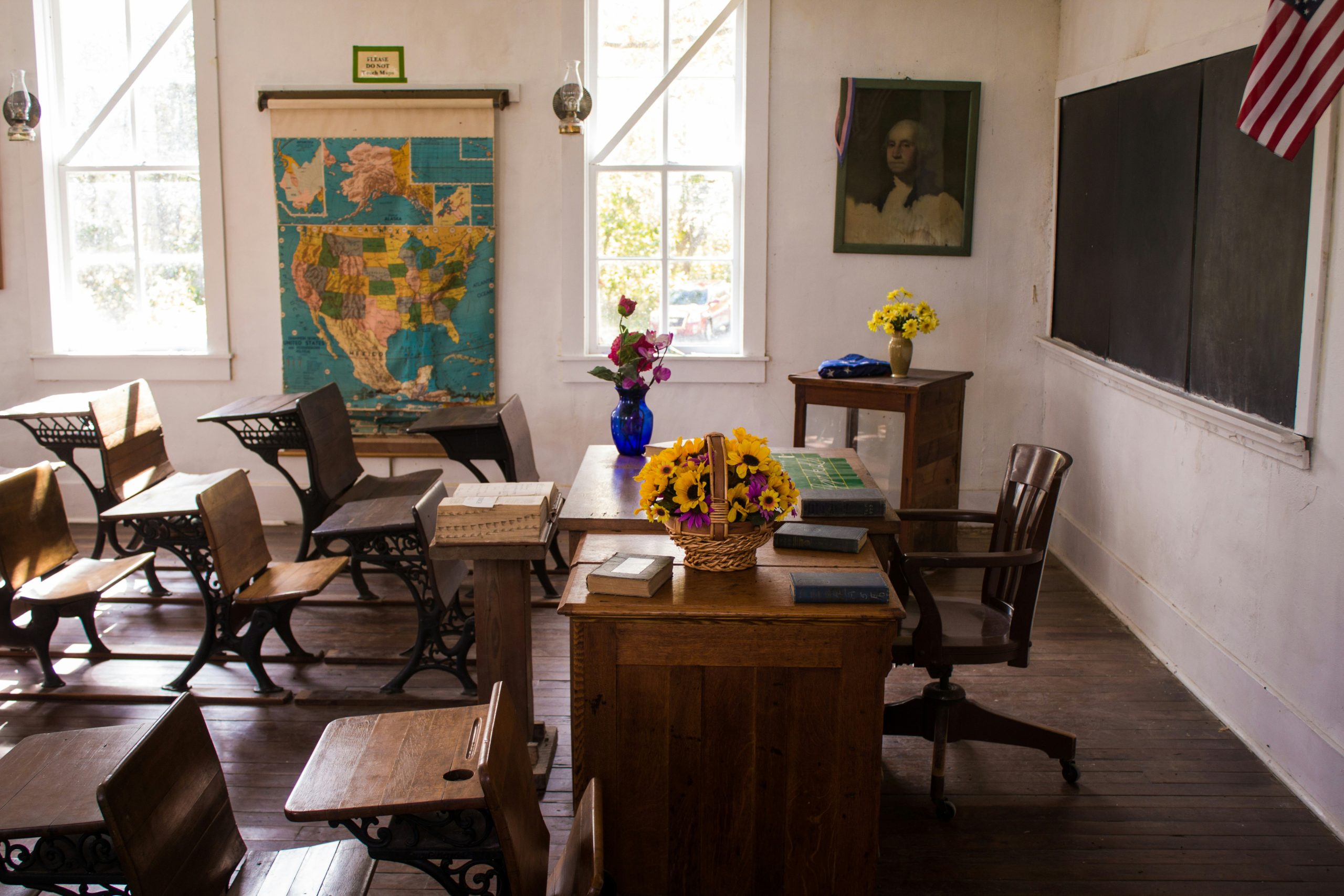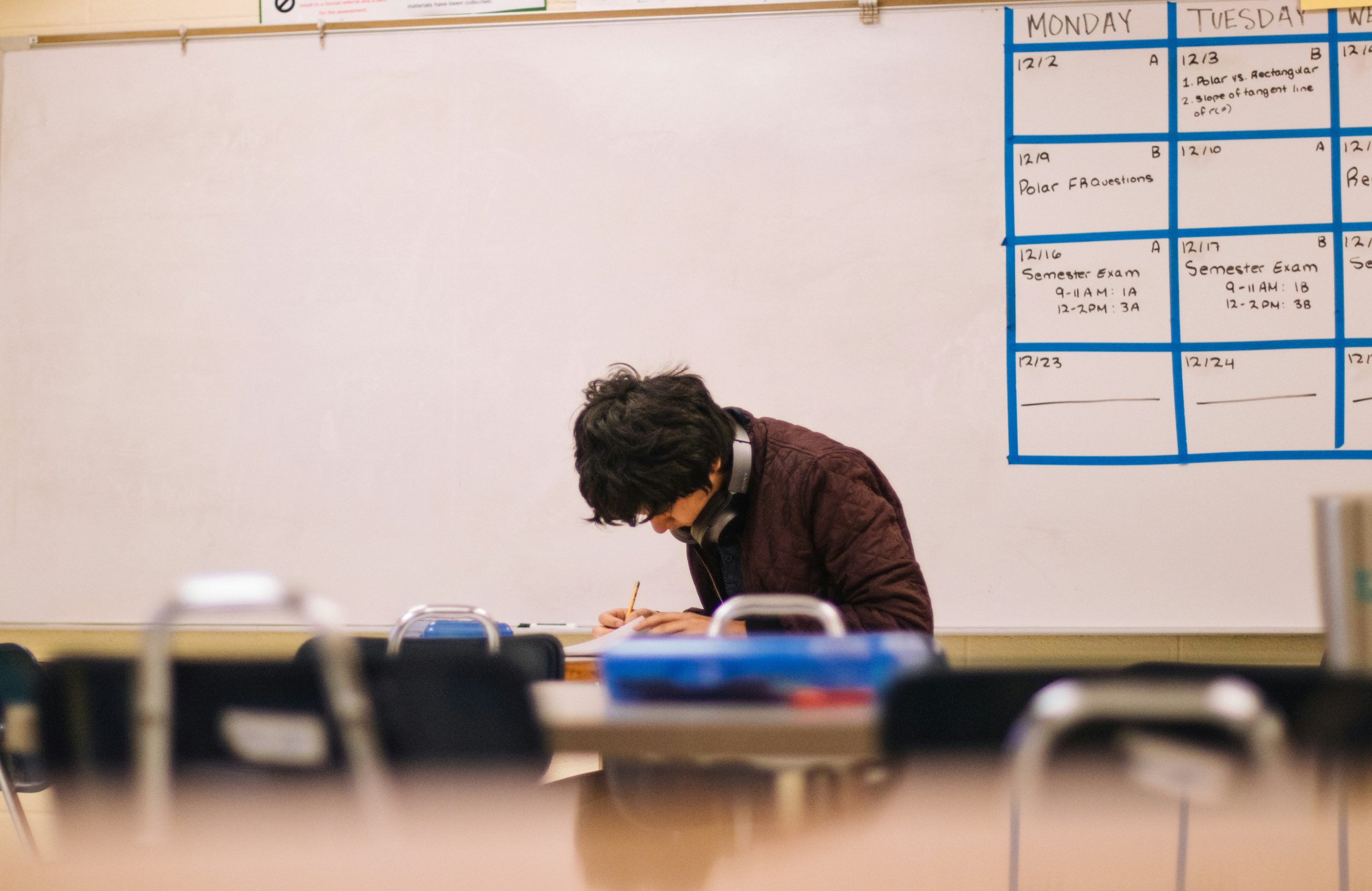Unveiling the Truth Behind Zimbabwe’s School Tourism
When tourists visit Zimbabwean schools as part of the growing trend of school tourism, they are greeted with smiling, happy children who perform cultural displays. These encounters, however, mask a darker truth that is often overlooked or ignored.
Ethical Concerns in School Tourism
Similar to orphanage tourism and slum tourism, school tourism raises numerous ethical issues. The act of photographing unconsenting children and adults, intruding on their private lives, and disrupting their daily routines all pose serious concerns for their well-being and protection.
During these tours, tourists typically spend a few hours at the school, entering classrooms, taking pictures of the children, and enjoying cultural performances. Although these tours are often part of larger travel itineraries that include wildlife tourism ventures in southern Africa, they can have negative consequences for the children and the overall educational environment.
The Funding Dilemma
Zimbabwe’s economic challenges, including hyperinflation and limited resources, have led to schools seeking alternative avenues for funding. Many schools have entered into partnerships with tourism companies, allowing them to receive financial support and infrastructure development in exchange for access to the school.
This phenomenon is not unique to Zimbabwe and has been observed in countries like Fiji, Zambia, Kenya, Ethiopia, and Mozambique. While these partnerships aim to address funding gaps, they also come with a set of challenges and consequences.
An Image of Africa for the Tourist Gaze
The marketing and promotion of school tourism often perpetuates a static and clichéd image of “Africa” for the tourist gaze. This image includes landscapes filled with wildlife, extreme poverty, and happy children. These portrayals reinforce damaging stereotypes and create a skewed perception of an entire continent.
Tourism workers involved in school tourism are aware of the need to challenge these stereotypes and present a more accurate narrative of Zimbabwean life. However, the structured nature of mass tourism initiatives often limits their ability to do so. The pressure to conform to tourists’ expectations and the predefined itinerary can overshadow the need for authentic cultural experiences.
Research Findings and Challenges

During my research in Zimbabwe, I observed the disruptive nature of school tours on students and teachers alike. The visits often interrupted class lessons and diverted attention from regular educational activities. Teachers expressed concerns about maintaining a balance between the perceived needs of tourists and the needs of the institution.
On the other hand, the children themselves were highly aware of the potential benefits that tourists brought to the school. They saw the visitors as potential helpers who could provide much-needed resources, such as books. This creates a complex dynamic where the desire to please the tourists conflicts with the educational priorities of the school.
The Way Forward
While school tours may provide temporary funding solutions for struggling schools, it is essential to approach tourism experiences with a critical lens. Instead of engaging in school tourism, tourists should seek out culturally immersive and responsible travel experiences that support local communities without commodifying their lives.
Additionally, governments and educational institutions need to develop sustainable funding models that prioritize the long-term educational needs of children. Philanthropic partnerships can be an option, but they should be approached with caution to avoid perpetuating harmful stereotypes and preserving the dignity of the children involved.
